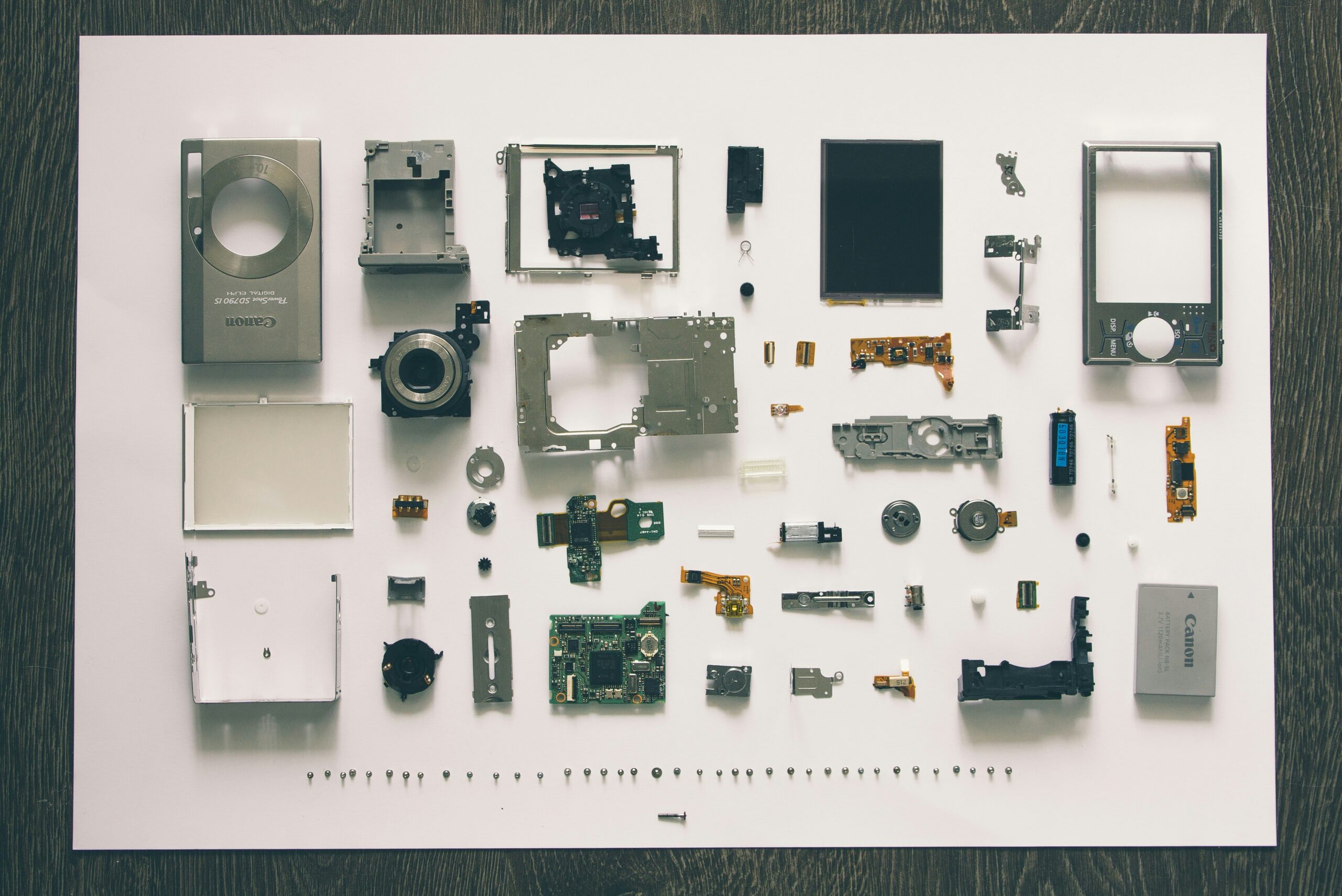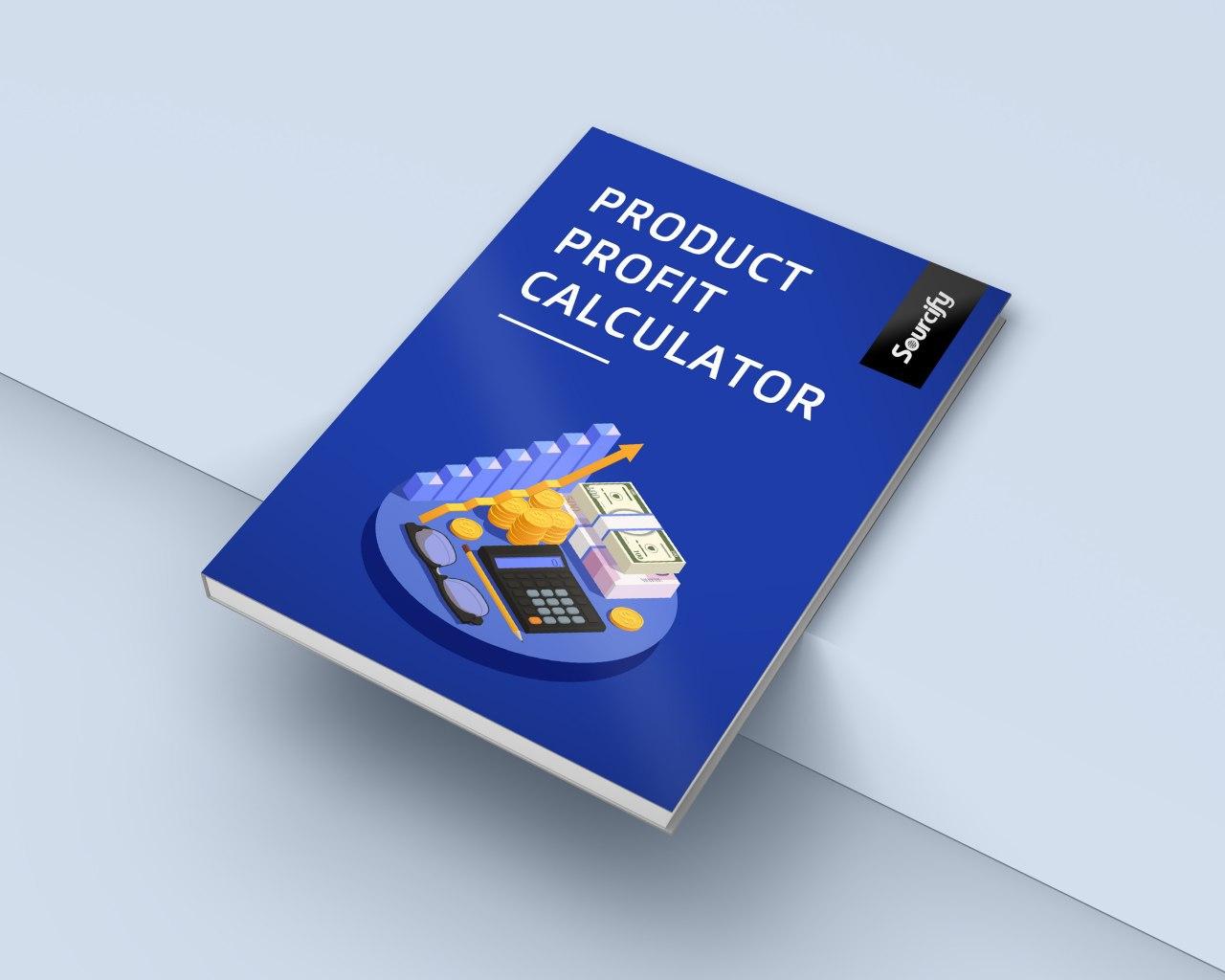When it comes to addressing your e-commerce business’s manufacturing needs, how a manufacturing partner goes about their production process can be just as important as what they can produce for you.
In addition to evaluating partners for quality control, e-commerce businesses should understand the processes a particular vendor uses, and whether they will be suitable for their product lines and business model.
Batch production is one of the more commonly used production methods, but understanding how it works and how it can impact your e-commerce business is essential for determining if it is the right solution for your online store.
So, What Is Batch Production?
Batch production is a production method that sees a group of items go through each step of the manufacturing process simultaneously. Items are produced in batches of varying size, depending on manufacturer capabilities and client needs. The items within a batch go through each stage of the manufacturing process together step by step until they are completed.
There are usually pauses between batches, often to make adjustments to differentiate each batch from each other. Batch production is used to enable customization or increase the variety between different batches of an otherwise similar product.
Some common examples of batch production include food products, clothing, sporting goods, soap and even books. For example, manufacturing clothing in batches allows for batches of different sizes to be produced in an efficient manner. The first batch could be for size small, the second for medium-sized shirts, the third for large and so on.
This stands in contrast to continuous manufacturing, which sees products go through a nonstop production cycle to mass produce a large number of identical items. In continuous manufacturing, there are no breaks (and no need for separate batches) because every item will be the exact same.
Key Advantages of Batch Production
Batch production can offer several valuable advantages to e-commerce businesses. Batch production is well suited for manufacturing product lines in smaller quantities. This makes it easier to customize and add variety to goods — like producing a T-shirt in multiple sizes or crafting different types of tennis rackets.
At the same time, batch production can scale sufficiently if you need to produce a larger number of items at once. This can provide much-needed flexibility to your business operations, making it easier to tweak products based on seasonal demand or new industry trends. You can begin manufacturing adjusted products much sooner so your store can stay up to date.
Another important advantage of batch production is that it usually results in improved quality control with the manufacturer. Because batches must typically wait until they move to the next phase of production, quality control teams can inspect the quality of the products throughout the manufacturing process.
The ability to check product quality at each stage of manufacturing (as opposed to waiting until the very end) helps reduce waste and ensures that any issues with equipment or processes can be identified and addressed early on. Producing items in batches further reduces waste by making it easier to ensure that only the desired quantity is manufactured.
Batch manufacturing can also lead to cost savings for e-commerce businesses. When you buy in bulk for a large batch order, you may be able to get a better deal than if you produced the goods individually.
Essentially, batch manufacturing can help split the difference between fully custom, individualized products and mass manufacturing. This middle ground lets you customize and add variety to your product lineup, while still maintaining the ability to produce items for your e-commerce store in relatively large quantities.
Are There Any Drawbacks to Batch Production?
While batch production definitely has its advantages, this doesn’t mean it’s right for every e-commerce business. While production is certainly faster than if you were to individualize every single product, it takes much longer than continuous mass production.
This is because batches are produced in a set of steps. The entire batch cannot move to the next phase of manufacturing until all items in the batch are ready. Alterations to machinery to account for differences between batches can also increase production time. Going back to the clothing example, equipment would need to be adjusted or reset between batches to account for different clothing sizes to ensure each batch achieves the desired level of quality.
The additional stages of manufacturing and customization can ultimately make batch production more expensive than mass production. It’s also worth noting that the need for human intervention to adjust machinery settings between batches can sometimes increase the risk of human error if strong quality control measures or automated reconfiguration processes aren’t in place. This runs the risk of entire batches of goods going to waste if an issue occurs at a single stage of production.
Because of this, batch production isn’t recommended if you wish to manufacture a large number of identical products. When using batch production for products with some level of variety or customization, be sure to ask vendors for more details about their processes, particularly when it comes to tracking systems and quality control.
There’s no one size fits all solution to e-commerce manufacturing. Depending on your product line and business goals, batch production could be the ideal fit for your needs. Or, you might be better served by a continuous manufacturing process. By understanding the differences between these methods, you can make an informed decision so you pick the right solution for your e-commerce business.




